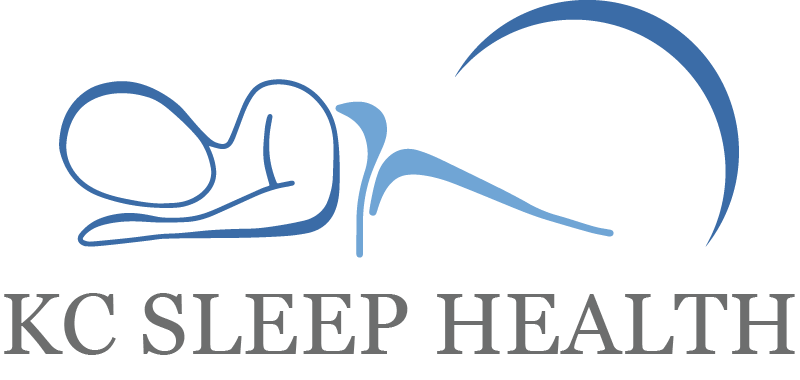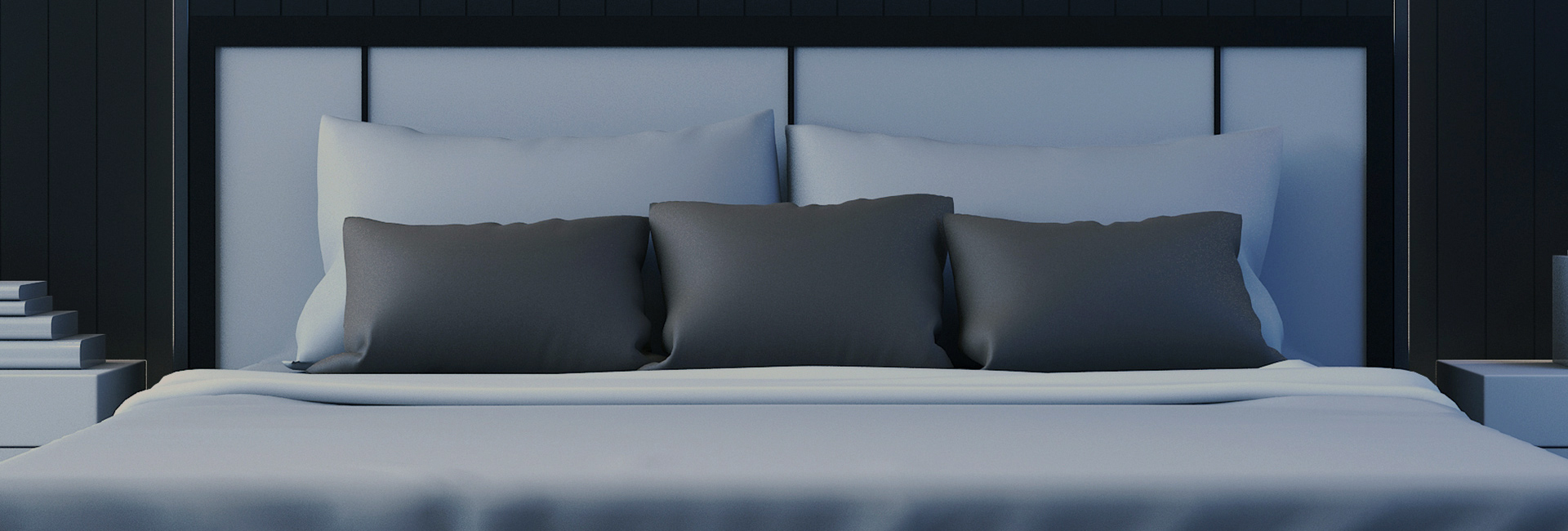10 Aug The Link Between Obstructive Sleep Apnea and Anxiety
Sleep deprivation happens when you get less sleep than your body needs to function. This could occur because you had poor quality sleep or not enough hours of sleep. In our society, it is common for many people to be sleep-deprived from working long hours, or being distracted from various forms of entertainment.
Lack of sleep can be associated to many health problems, including heart disease, kidney disease, high blood pressure, diabetes, stroke, obesity, and depression.
Sleep deprivation can also be caused by Obstructive Sleep Apnea. In Obstructive Sleep Apnea, a person’s airway collapses many times a night to cause low oxygen levels. The brain recognizes this and releases chemicals called neurotransmitters, which trigger micro-arousals that enables the person to start breathing again.
If this happens many times a night, a person’s supply of neurotransmitters get depleted, and then the brain doesn’t have enough for normal daily activity. The result is one feels tired, rundown, and has lowered energy to do the things which might protect him from developing depression or anxiety.
One four year study found that almost half the people with untreated sleep apnea had some degree of depression. So if you have been diagnosed with depression, be sure to be checked out for OSA, because that just might turn out to be the cause. Sleep apnea can be easily treated with CPAP therapy or oral appliance therapy.

